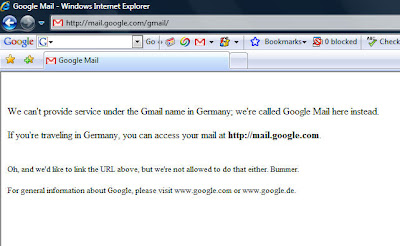SEOs should be thanking Matt Cutts and not criticising him
Image by Mark Knowles via Flickr
It’s SMX week. I’m at SMX Madrid but Mr Cutts decided to visit SMX Advanced instead. While he was there he explained that Google treats the nofollow value for the relationship attributes on the anchor tag differently than expected.
Previously Matt had advised that the nofollow value was a valid way to reduce the importance on links to poor SEO pages (such as login pages or password reset pages) and therefore increase the relative importance of the links to more important pages (products, destinations, etc). The technique became known as PageRank sculpting. (Which also annoying led to conversations about ‘sculpting juice’!)
It has now been made clear* that Google will give all the links on the page equal attention whether they have a nofollow on them or not. In other words, it is not so easily possible to control the outbound flow of PageRank from your pages.
Only a few days ago – May the 28th – Matt Cutts appeared in a Google Webmaster Help YouTube video to share his views on PageRank sculpting. In the video he said the technique was not unethical, but he recommended getting the links on the page right in the first place and not really worry about sculpting.
Here’s the rub: I can see why some SEOs are upset. They’ve recommended this technique to their clients. They’ve spent time on sites themselves implementing this technique.
But, really, Matt Cutts has done us all a huge favour by being so transparent and we should thank him. Thank you Matt.
Matt didn’t need to set the record straight – we may never have known.
The very last thing I want to see is for Google (or Matt) to become reluctant in being more transparent about their algorithm and new webmaster initiatives for fear of a backlash if they tinker with the system later.
What we’ve experienced with “nofollow” here is ideal – Matt shared a valid and good technique when it was appropriate. He’s let us know when it no longer works.
The more often Google changes the working of its crawlers and idexers then the more companies will need expert advice from search agencies.
Before you write a frustrated tweet or an angry blog post about the new nofollow news – go have a cup of tea, take some deep breaths, think about it and decide whether you really want to be critical about this or not.
* The description of how Google evaluates and weighs links in this post has been over-simplified. There are many ways in which Google might decide to ignore a link.

